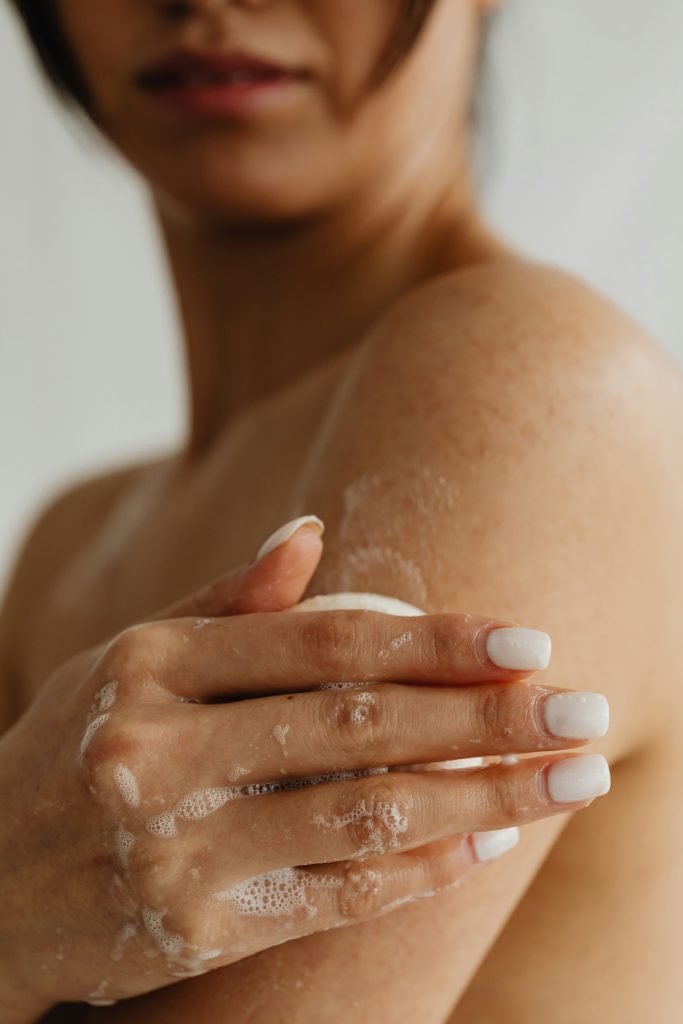Entering one’s 30s marks a pivotal juncture in a woman’s life—a phase characterised by numerous personal and professional milestones, but also a period where health considerations take on heightened significance. As responsibilities multiply and life starts to whiz by, it becomes increasingly crucial for women to prioritise their general health.
This post will explore the essential aspects that women in their 30s should consider to safeguard their health. Understanding and addressing these key considerations allows women to navigate this transformative decade with confidence, resilience, and vitality.
Join us as we explore the roadmap to optimal health in one’s 30s and beyond.
Healthy Diet
As metabolism tends to slow down in the 30s, it’s crucial to maintain a balanced diet rich in fruits, vegetables, whole grains, lean proteins, and healthy fats.
Adequate intake of calcium and vitamin D is essential for bone health, especially to prevent osteoporosis later in life.
Regular Exercise
Engaging in regular physical activity is vital for maintaining a healthy weight, reducing the risk of chronic diseases such as heart disease, diabetes, and certain cancers, and improving overall mental well-being.
According to one study, women exercise for 60 minutes less per week than men in Australia. The study also showed a disparity of 9 points between men’s (66 100) and women’s (57 100) “State of Mind” when it came to analyzing the positive uplift in mood related to exercise. This gap was the second-largest disparity between genders out of the 16 surveyed countries.
This data supports the idea that women in Australia should make a more concerted effort to exercise consistently—to improve mood, well-being, and physical health.
Reproductive Health
For women considering pregnancy, it’s essential to consult with a healthcare provider to discuss preconception health, prenatal vitamins, and any potential risks or complications.
For those not planning to conceive, effective contraception and regular gynecological exams are still necessary.
Breast Health
Regular breast self-exams and clinical breast exams by a healthcare provider are crucial for early detection of breast cancer.
Mammograms and X-ray images of the breast tissue are recommended regularly for women over the age of 40 or earlier if there is a family history of breast cancer. Depending on individual risk factors such as family history, mammograms may be recommended starting in the 30s.
Heart Health
Cardiovascular disease is a leading cause of death among women. Maintaining a healthy lifestyle, including regular exercise, a balanced diet, maintaining a healthy weight, avoiding smoking, and managing conditions such as high blood pressure and high cholesterol, are essential for heart health.
Regular heart health checks (every two years) are recommended for people 45 years and older (or in their 30s if they are of Aboriginal or Torres Strait Island descent). Your doctor will check your blood pressure, cholesterol, and blood sugar levels.
They will also discuss your medical and family history, diet and exercise, smoking, alcohol consumption, and weight, which may show risks for heart disease.
Bone Health
As women age, the risk of osteoporosis increases. While only 0.9% of Australian women ages 40-44 will have osteoporosis, this percentage increases dramatically for older women aged 79 or older, where 87% will have some form of osteoporosis.
Therefore, it is crucial for women to take preventative measures, such as adequate calcium and vitamin D intake and weight-bearing exercises, to help maintain bone density and reduce the risk of fractures and osteoporosis later in life.
Mental Health and Stress Management
Prioritising mental health is crucial in the 30s. Women may face various stressors related to careers, relationships, and family.
Women also often juggle multiple responsibilities, including career, family, and social obligations. Effective stress management techniques such as mindfulness, meditation, yoga, and regular relaxation can help reduce stress levels and promote emotional well-being.
In Australia, women are actually more likely to experience anxiety and depression than men, though they are also more likely to seek help from trained professionals and/or talk about it with friends and family. Seeking support from friends, family, or a mental health professional can help manage stress, anxiety, and depression effectively.
Skin Health

Protecting the skin from sun exposure can help prevent premature aging and reduce the risk of skin cancer, particularly in Australia, which has one of the highest rates of skin cancer in the world. This routine examination should, therefore, be at the top of anyone’s list for routine health screenings.
About 2 out of 3 Australians will be diagnosed with some form of skin cancer before the age of 70. Non-melanoma (keratinocyte) skin cancer is the most common cancer diagnosed in Australia. Women, particularly in Australia, should examine their skin regularly for any new moles or changes in existing moles and report any concerns to their healthcare provider. As preventative measures, women should use sunscreen daily, avoid tanning beds, and wear protective clothing to maintain skin health.
Regular Check-Ups
It’s evident that proactive care and attention to well-being are paramount for women in the pivotal decade of their 30s. From nurturing physical vitality to safeguarding mental and emotional resilience, the steps taken during this period set the stage for a lifetime of good health and vitality.
Regular health check-ups, including visits to a primary care physician, gynecologist, and dentist, are essential. These appointments can help detect any potential health issues early on and allow for timely intervention. Early detection is key to preventing more severe health problems down the line and ensures better treatment outcomes. Book your health assessment with HealthScreen today or contact us for more information.


